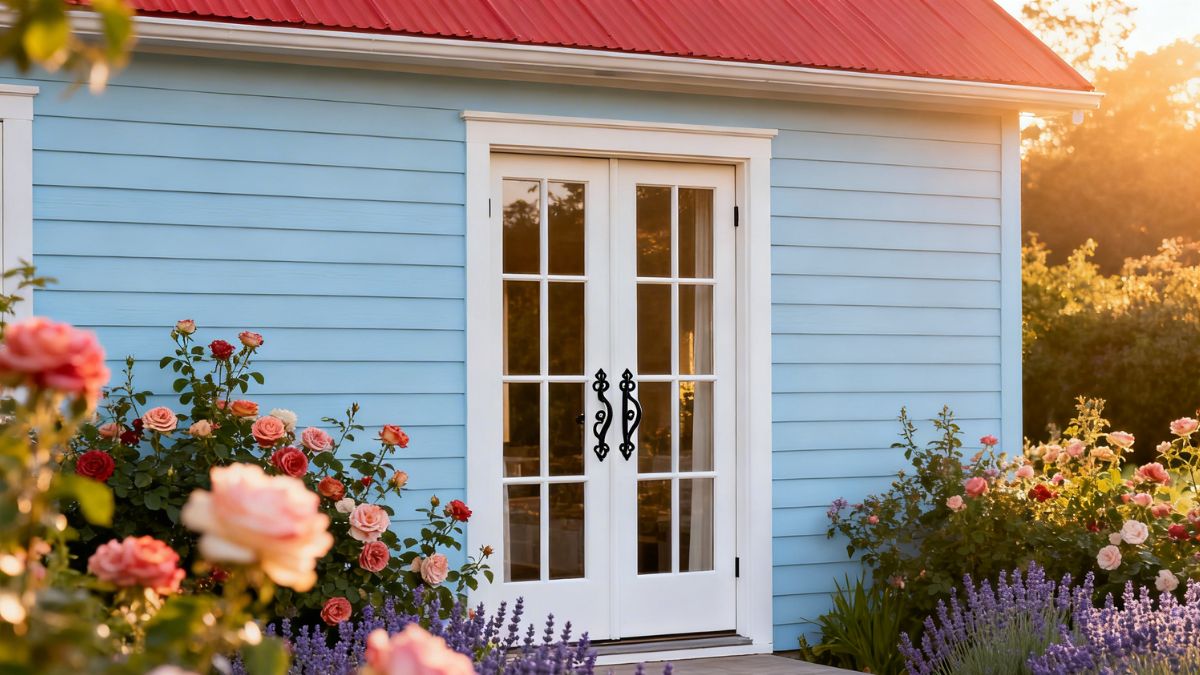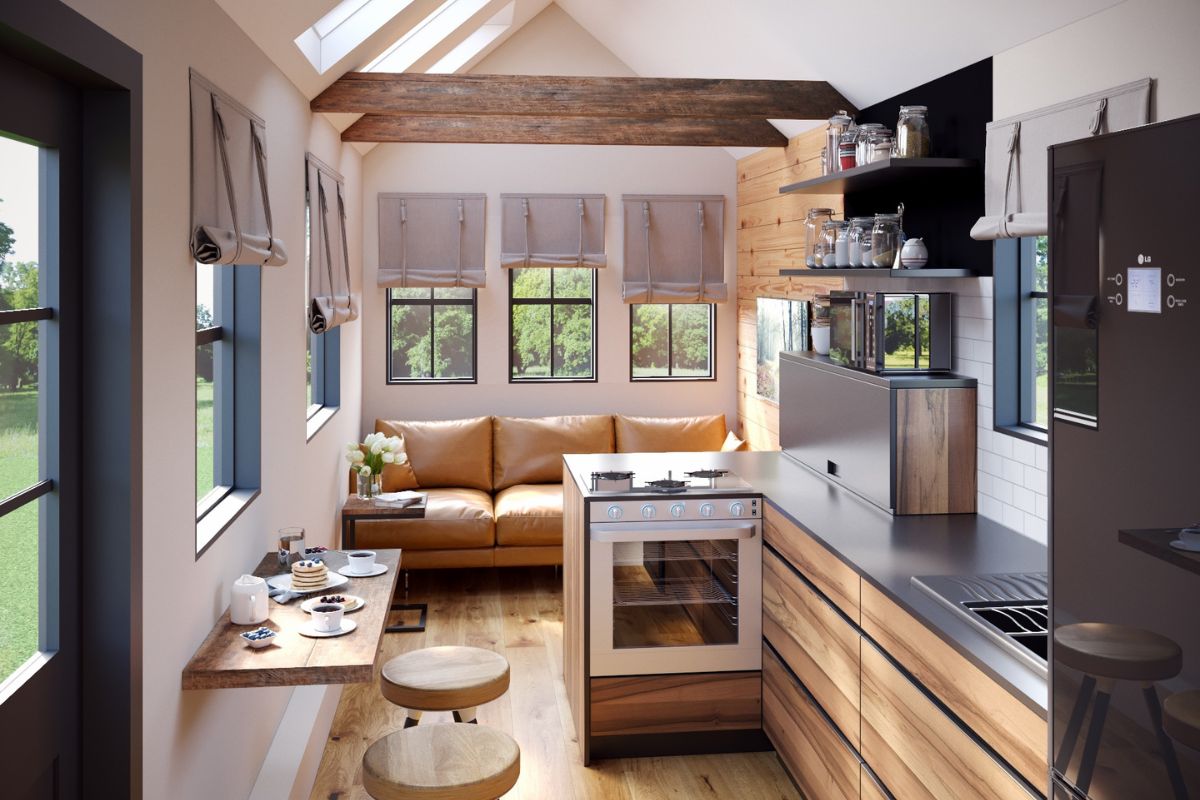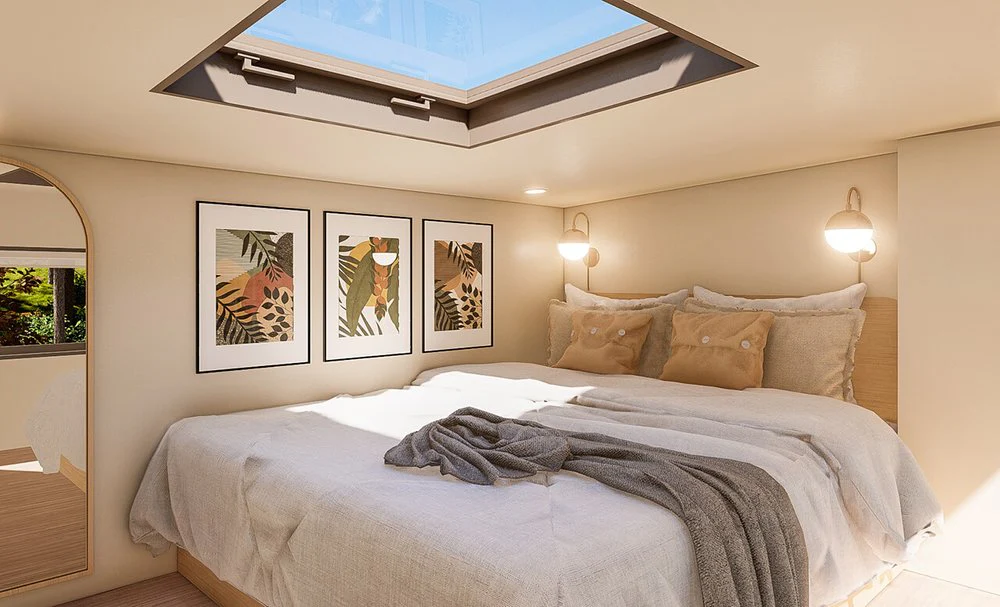A Guide in SUV Camper Customization

View Big Sur by Humble Handicraft
SUV camping is now an alternative for outdoor enthusiasts or even for those who want to travel with the comfort of a home-like structure. If you are planning to move permanently or just for a short period of time, it is good to know first the importance of finding a balance between getting to know your new city and settling down. This will help you gauge the area that you will possibly be staying at.
As you check out the areas you want to stay out, you can also start thinking about customizing your SUV into a cozy camper that offers a unique way to experience the adventures you have planned. Look through this guide to convert your SUV into a home on wheels that can take you to the most remote and inspiring destinations.
- Thoughtful planning and design are essential for SUV customization.
- Efficient storage solutions are crucial for staying organized on the road.
- Prioritize a cozy and well-designed sleeping area.
- Maintain hygiene with a portable toilet and water storage system.
- Thoroughly test your customized camper to identify and address any issues.
Planning and Design
The first and arguably most crucial step in customizing your SUV is meticulous planning and design. This stage lays the foundation for your entire project, setting the tone for its success. The following are some key considerations to keep in mind:
Budget
Determine how much you're willing to invest in this project. Setting a budget early will help you make informed decisions and prevent overspending.
Features and Needs
Make a list of the essential features you want. Consider factors like sleeping arrangements, storage space, cooking facilities, and sanitation options. You can also think about space-saving furniture or energy efficient appliances.
Vehicle and Passenger Considerations
Take into account the size of your SUV, the number of passengers it will carry, and the type of terrain you plan to explore.
Sketch a Layout
Create a rough sketch or design of your camper's layout. Visualize where key components like the bed, storage, and kitchen facilities will be located.
Clean and Prepare Your SUV
Before you start adding any custom features, it's essential to clean and prepare your SUV.
Remove Unnecessary Items
Strip your vehicle of any non-essential items to maximize space. Empty the trunk and backseat, removing any debris or clutter.
Deep Clean
Give your SUV a thorough interior cleaning. Vacuum the floors, wipe down surfaces, and ensure the interior is spick and span.
Inspect for Damage
Check for any damage or leaks. This is also a great time to address any necessary repairs to avoid complications during your project.

Creating a Comfortable Haven for Sleeping Arrangements
Arguably the most critical aspect of your SUV camper is the sleeping area. The quality of your sleep will significantly impact your overall enjoyment of the camping experience. Depending on the size of your vehicle, you can opt for different sleeping arrangements. Always remember that a good sleep means good health, which is why this is very important for your customization.
Foldable Bed Platform
A foldable bed platform can be a fantastic space-saving solution. It allows you to fold the bed away during the day, opening up more space in your camper.
Rooftop Tent
Rooftop tents are an excellent option for those with smaller SUVs or a love for elevated views. They're easy to set up and provide a comfortable sleeping space.
Sleeping Platform in Cargo Area
If you have ample cargo space, consider building a sleeping platform with storage underneath. This allows you to maximize space for both sleeping and storage.
Comfort Essentials
Regardless of your choice, invest in a comfortable mattress, high-quality sleeping bags, and cozy pillows to ensure a restful night's sleep.
Storage Solutions
Effective storage solutions are crucial when you're on the road. Your storage choices will depend on your vehicle's size and layout.
Shelves
Install shelves on the interior of your SUV to keep small items organized.
Drawers
Drawers are a fantastic storage solution for items like clothes and utensils. They maximize space and make items easy to access.
Storage Containers
Use storage containers with lids to store kitchenware, food, or other essentials. These can be placed under the bed platform or on shelves.
Under-Bed Storage
Make use of the space under your bed platform for larger items, like camping gear and outdoor equipment.
Overhead Storage
Install overhead storage for smaller essentials that you need easy access to, such as clothing or toiletries.
Cooking Facilities
A camper's kitchen area is where culinary magic happens and setting up a functional kitchen space is a must.
Foldable Countertop
Install a foldable countertop to create a workspace for meal preparation. Ensure it's sturdy and can be easily tucked away when not in use.
Portable Stove
A portable stove is a must-have for cooking on the road. Choose a reliable and compact option that fits your needs.
Small Sink
If your space allows, consider installing a small sink with a water supply system for easy dishwashing.
Cookware and Utensils
Stock your camper with essential cookware, utensils, and kitchen gadgets. Think about pots, pans, cutlery, and a set of camping-friendly dishes. To help you with your kitchen needs, also consider energy efficient appliances for your SUV.

Electricity and Lighting
To keep your gadgets charged and your camper illuminated, consider different installations to stay powered and well-lit.
Secondary Battery System
Install a secondary battery system in your SUV to power your devices and lighting. This ensures you won't drain your vehicle's main battery.
Power Bank
A portable power bank is a great backup for charging smaller devices on the go.
LED Lights
Opt for energy-efficient LED lights. They provide ample illumination without draining your battery too quickly.
USB Ports
Ensure you have enough USB ports to charge your devices, from smartphones to laptops.
Privacy and Insulation
Privacy and insulation are essential for your comfort and well-being. Consider putting up various types of curtains or insulation.
Window Coverings or Curtains
Privacy is vital. Make or purchase window coverings or curtains for your camper to ensure your privacy when needed.
Insulation
Adequate insulation is crucial to regulating the temperature inside your SUV. Consider using insulating materials on the windows and ceiling to keep your camper comfortable in various weather conditions.
Sanitation
For longer trips, you'll need to address sanitation which means that you need to think about toilets, water storage, and disposal plans.
Portable Toilet
Invest in a portable toilet or camping toilet that suits your needs. This will help you maintain hygiene during your travels.
Water Storage
Set up a water storage system for drinking, cooking, and cleaning. Make sure it's easily accessible and secure.
Waste Disposal Plan
Ensure you have a plan for disposing of waste properly. Be aware of the regulations regarding waste disposal in the areas you plan to visit.
Final Check
Once you've completed customizing your SUV, it's crucial to take it on a few short trips to test everything out. This will help you identify any issues and make necessary adjustments. Ensure that all custom installations are securely fastened and that everything functions as expected.
Costs
The cost of customizing your SUV into a camper can vary widely depending on your design, the quality of materials, and whether you do the work yourself or hire professionals. A basic DIY conversion may cost around $500 to $1,500, while more elaborate projects with high-end features can range from $5,000 to $15,000 or more.
Conclusion
Customizing your own SUV is a fulfilling DIY project that allows you to create a personalized mobile home for your outdoor adventures. By carefully planning, designing, and implementing your vision, you can transform your SUV into a comfortable and capable camper ready to take you to breathtaking destinations. Whether you're a weekend warrior or a full-time traveler, your customized SUV camper will be your ticket to explore the great outdoors with style and convenience.







.jpg)


